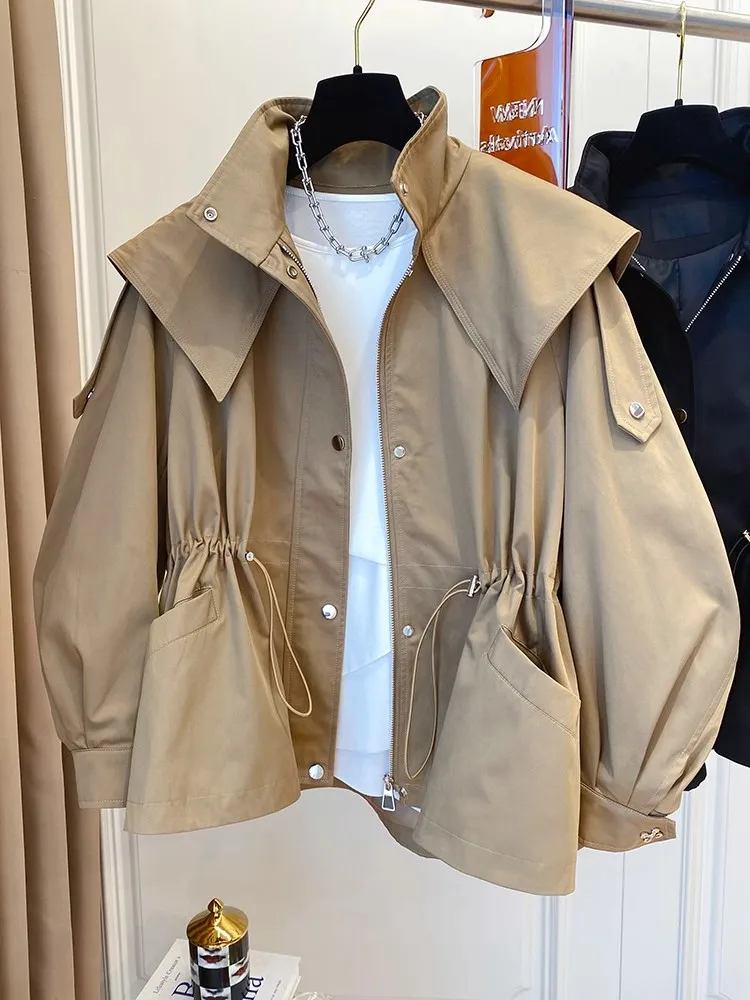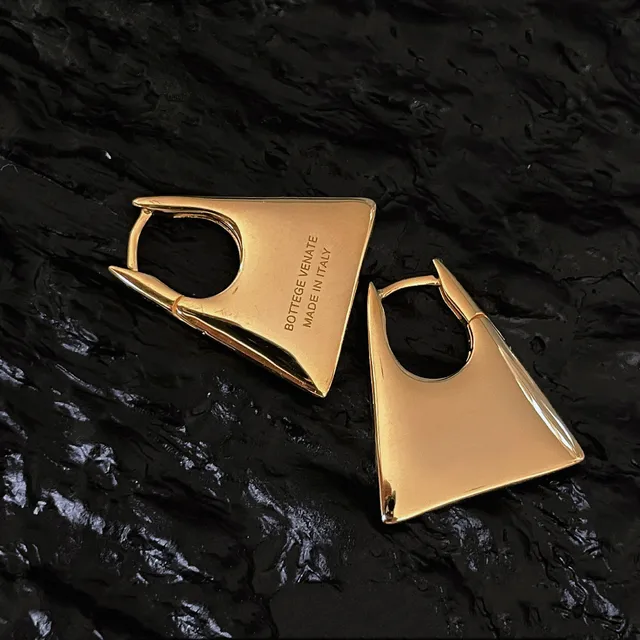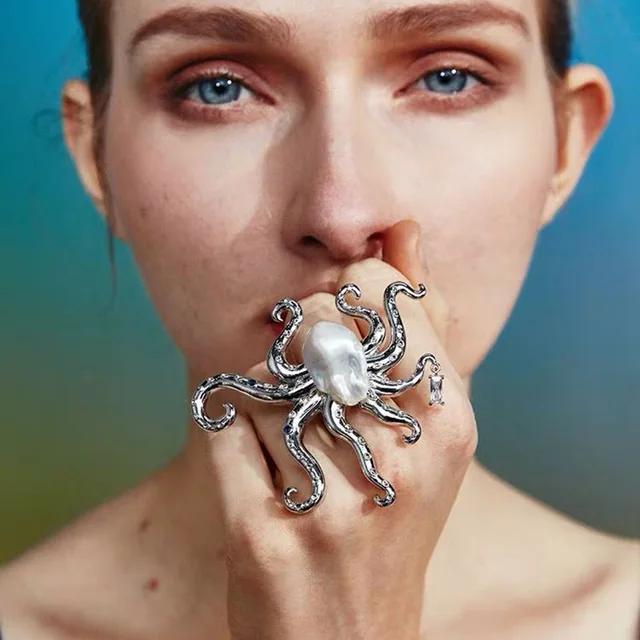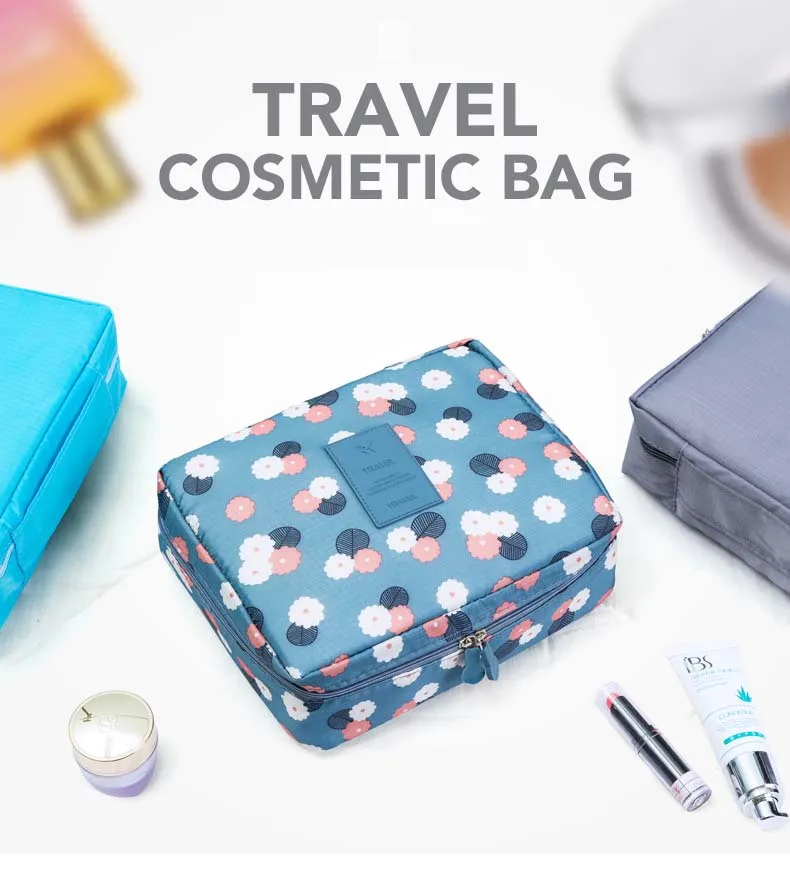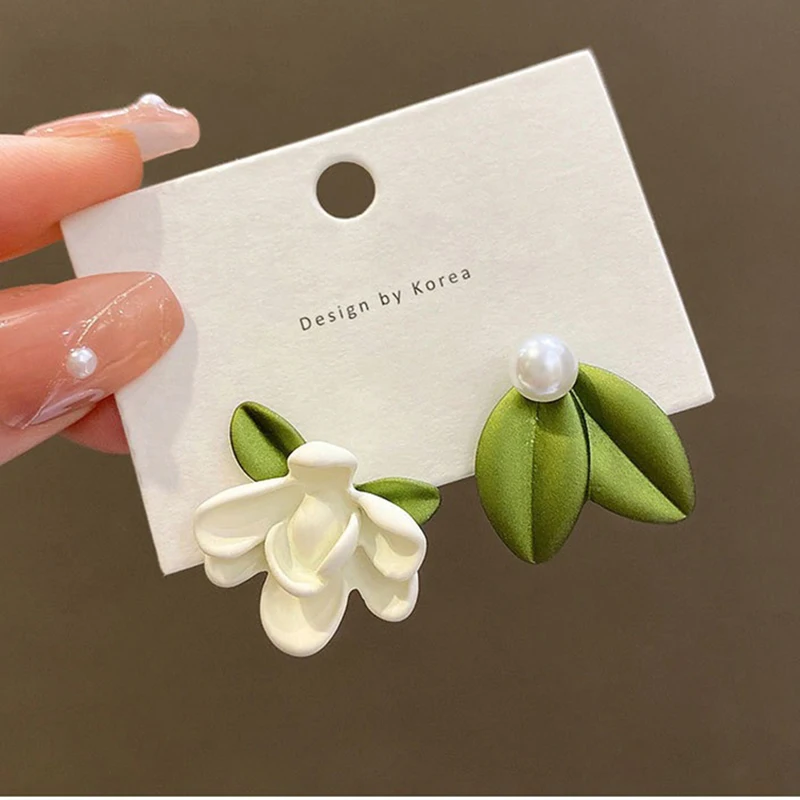In case you haven’t noticed yet, I’m a huge film buff. I love watching all sorts of films, but I’m particularly interested in documentaries by and about women. And if I find a film I like, I usually tell everyone about it.
Another thing I love is to introduce you to inspiring women, and this film I recently watched on Netflix means I can do both.
Mission Blue is a film about Sylvia Earle, a kickass oceanographer, writer, explorer and activist who I had never heard about before. No idea how that happened though, because she seems to be a superstar among American women scientists, and has pretty much done everything related to marine biology ‘as the first woman in history’.
She has led more than 100 expeditions and logged over 7,000 hours underwater including leading the first team of women aquanauts during the Tektite Project in 1970. She also set a record for solo diving in 1,000 meters depth. When you watch the film you hear even more about the expeditions she joined as a young researcher when she was the only woman on a boat with 70-odd men; or that time she went on an expedition with James Cameron to test-drive an expedition submarine.
My favourite story of her life might just be the time she led a marine expedition in the Gulf of Mexico and led an all-female research team as they stayed in a research station underwater for two weeks to explore the local marine life.
With every story she tells you about her life and her experiences with the sea, you can hear how much love she feels for the ocean and its inhabitants. There is an undeniable passion shining through in her voice, as she talks about growing up by the sea, forging a relationship that would last a lifetime.
But being devoted to a profession that takes you on expeditions around the world takes a toll on the rest of your life – as many travelers will be aware. Always on the move, incredibly sought after because of her expertise and curiosity – marriages didn’t last, breaking either under the weight of her absence or the fragility of the male ego. Or at least that’s what the film suggests.
The directors Robert Nixon and Fisher Stevens are presenting her in a very clear image – a strong woman who wouldn’t take ‘no, because you’re a woman’ for an answer. Whether you are into marine biology or not, this film is giving you a role model either way.
That is not all the film does though. Telling the history of this extraordinary woman is not the main purpose of the documentary – it is rather the necessary background story for what she is achieving in the presence, right now.
Together with the filmmakers Sylvia Earle re-visits one of her favourite dive spots in the Coral Sea, many miles off the Australian Great Barrier Reef protection zone. In the 1970s when Sylvia Earle came here for the first time, it was a colourful reef full of life, but now this place is gone – the reef has died.
We see empty reefs, hear about over-fishing and the extinction of species (this film will make you stop eating tuna fish for good!), and about the destruction humans have caused to the marine environment in the last few decades. It seems a lost cause.
But Sylvia Earle has founded an organisation called Mission Blue, whose aim is to raise awareness for the devastating status of our oceans and to bring about a significant increase in ocean protection to at least 30% by the year 2030. As of December 2016 only 5.1% of the global ocean were covered by marine protected areas.
Mission Blue is advocating for so-called Hope Spots – areas of immense marine biodiversity in key positions around the globe – and say that if these areas are protected, they can rehabilitate to their former state and have a positive influence on the rest of the ocean as well.
Have a look at the trailer below, and if you don’t already have a Netflix subscription, I think it’s worth the money for their selection of documentaries alone.
To find out more about Sylvia Earle and Mission Blue check out their , where you can also find information on how to donate for their cause.
Personally, the film has changed the way I look at things: I’ve stopped eating tuna and have since converted to veganism, I think more about how my personal life choices can have an impact on the environment and how I can , but I have also developed a deeper understanding and greater interest for the ocean. While I’m not necessarily dreaming of learning to dive myself, I have certainly found a larger appreciation for the rich underwater environment of our planet.
And I’ve learnt to believe that without living oceans, other life on the planet will find it hard, if not impossible to exist as well.
Do you think about the environment when you travel? If so, what sort of actions do you take to minimize your footprint?
All photos via mission-blue.org

